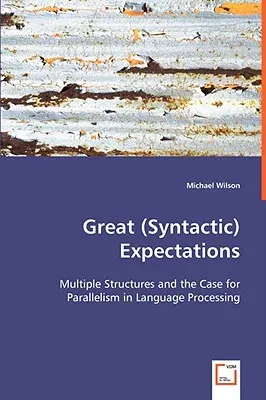Michael Wilson
(Author)Great (Syntactic) ExpectationsPaperback, 4 June 2008

Qty
1
Turbo
Ships in 2 - 3 days
In Stock
Free Delivery
Cash on Delivery
15 Days
Free Returns
Secure Checkout
Print Length
112 pages
Language
English
Publisher
VDM Verlag Dr. Mueller E.K.
Date Published
4 Jun 2008
ISBN-10
3639035755
ISBN-13
9783639035759
Description
Product Details
Author:
Book Format:
Paperback
Country of Origin:
US
Date Published:
4 June 2008
Dimensions:
22.86 x
15.24 x
0.58 cm
ISBN-10:
3639035755
ISBN-13:
9783639035759
Language:
English
Location:
Saarbrucken
Pages:
112
Publisher:
Weight:
158.76 gm

